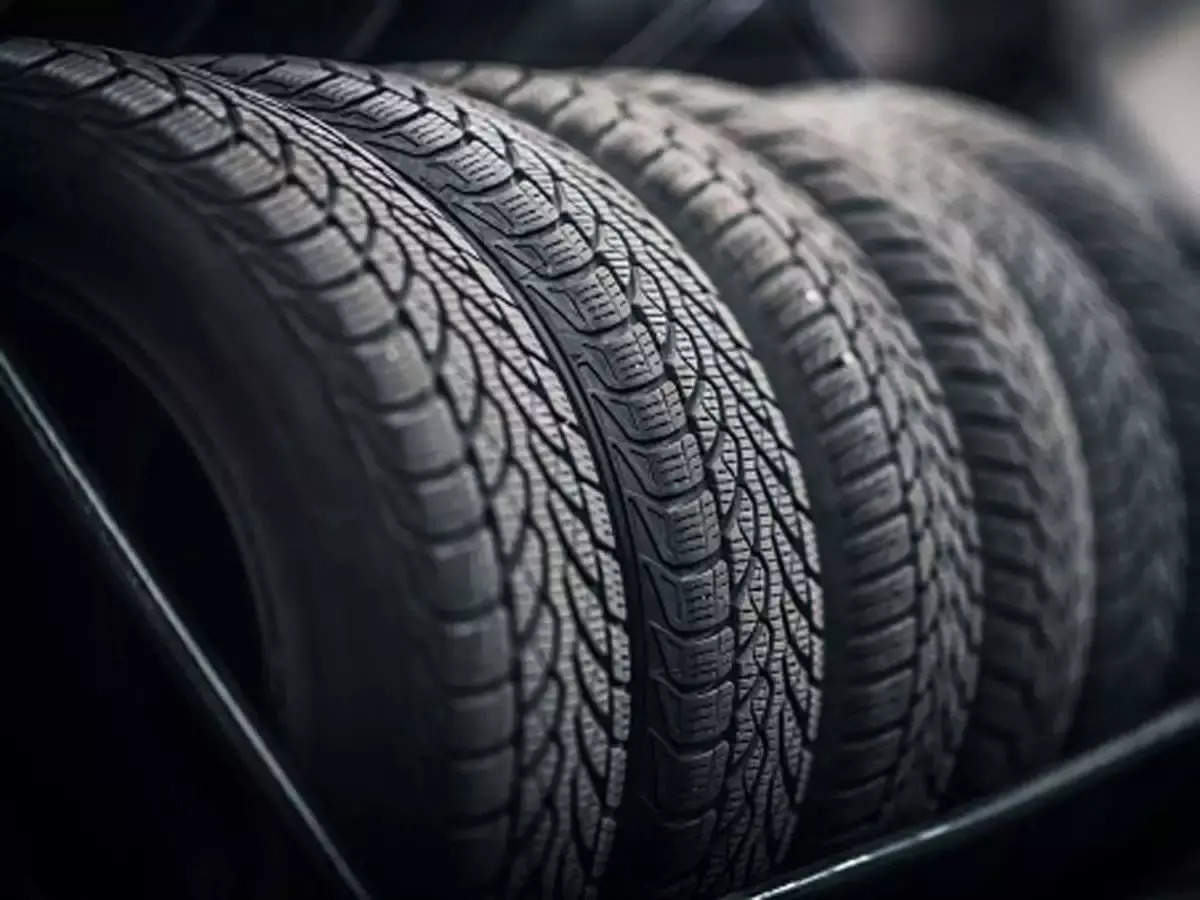“Such indiscriminate import of waste/scrap tyres is not only an environmental and safety concern but also undermines the very purpose of Extended Producers Responsibility (EPR) Regulation on Waste Tyres which is in place since July 2022,” it added.
Raising the concern, ATMA Chairman Arnab Banerjee said,”The import of waste/scrap tyres into India needs to be restricted through policy measures and, if necessary, allowed only in multiple cut or shredded form.”
India has emerged as one of the leading manufacturers of tyres in the world with domestic manufacturing of tyres surpassing 200 million per annum. Accordingly, there is enough domestic End of Life Tyre (ELT) capacity available in the country, he added.
ATMA said India is on its way to becoming a ‘dumping ground’ for waste/scrap tyres. In FY24 alone, nearly 14 lakh metric tonne of waste tyres were imported in the country. These tyres are either resold in the replacement market resulting in unsafe travel or burnt causing environmental degradation, it said. Among its budget wish list, ATMA also sought duty free imports of natural rubber (NR) to the extent of domestic demand-supply gap in the country. “Nearly 40 per cent of the tyre industry’s NR requirement is met by imports on account of non-availability of domestically-manufactured NR. The highest rate of duty on import of NR in India impacts the competitiveness of the industry,” it said. ATMA also pointed out the need for addressing the issue of inverted duty structure of tyre against its key raw material, natural rubber, on priority.
“While basic customs duty on tyres is 10-15 per cent, under Free Trade Agreements (FTAs), tyres are imported into the country at even lower duties (preferential duties) while the basic customs duty on its principal raw material, i.e., natural rubber, is much higher (at 25 per cent or Rs 30/kg, whichever is lower),” it claimed.








